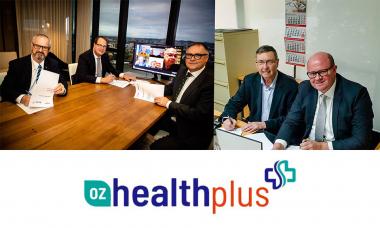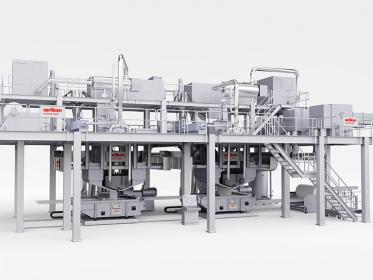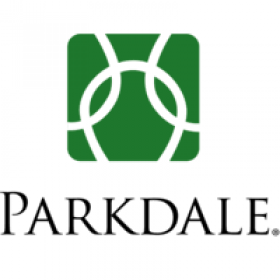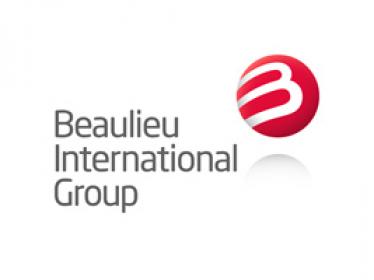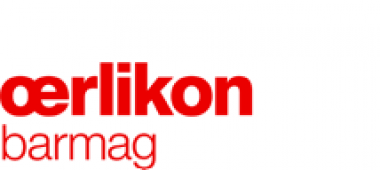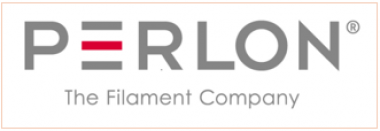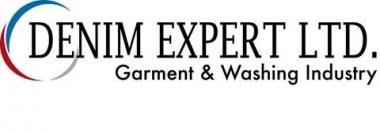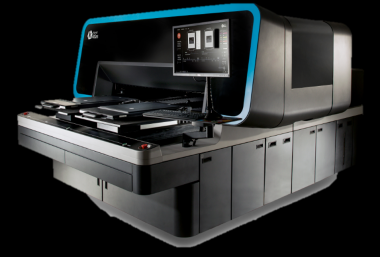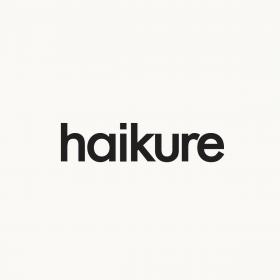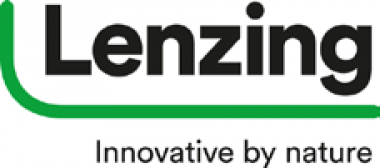First Oerlikon Nonwoven meltblown technology plant sold to Australia
- Australian production of medical masks to commence from April 2021 with Oerlikon Nonwoven meltblown technology
Neumünster/Germany, Brisbane/Queensland/Australia – Queensland company OZ Health Plus will establish Australia’s first manufacturing plant to make the critical fine plastic material used in most protective face masks. OZ Health Plus has purchased a plant of the Swiss-based technology company Oerlikon to establish a Queensland-based production plant for spun-bond and meltblown nonwovens. These fabrics are essential for Australia’s face mask manufac-turers, who currently produce about 500 million medical and industrial masks per year. However the fabrics have to be imported from overseas and access to these materials has been severely disrupted during the COVID-19 pandemic.
Oerlikon’s German-based business unit Oerlikon Nonwoven has now executed legal and commercial arrangements to supply the specialised machinery which can manufacture the nonwoven material lo-cally. The same machinery is used to make almost all face masks material manufactured in Europe. The world-leading Oerlikon Nonwoven meltblown plant will commence operations in April next year, with a second stage planned for late 2021.
The Oerlikon Nonwoven plant can produce meltblown fabrics for 500 million masks per year, along with other medical and non-medical grade products, filtration products, sanitary items, antiseptic wipes and more. Rainer Straub, Head of Oerlikon Nonwoven said: “We are very proud that we can now for the first time supply our Oerlikon Nonwoven meltblown technology to Australia. Due to the short delivery time, we hope to make our contribution to the Australian population and their safe sup-ply of high-quality protective masks as soon as possible.”
Queensland company secures manufacturing plant for the only Australian production of critical face mask material
OZ Health Plus director Darren Fooks said: “Australia has access to raw polypropylene feedstock but lacks the plant to convert that raw material to specialised spunbond and meltblown fabrics. These fabrics are essential for local mask manufacturing. The Australian-based Oerlikon Nonwoven plant will fill the production chain gap for Australia by producing the fabrics we need for mask production and many other products – it will reduce Australia’s protective mask supply chain from thousands of kilo-metres, to tens of kilometres.”
“Our decision in favor of Oerlikon Nonwoven was a given once we had analyzed the material samples. It was a matter of course for us that the Business Unit of the Oerlikon Manmade Fibers segment could supply high-quality machines and systems”, added Darren Fooks.
OZ Health Plus’ new facilities will take up 15,000 m2 of manufacturing space and will employ 100 full-time roles once the second stage of the project is complete. OZ Health Plus continues to work with both Queensland and Federal Government stakeholders and values their support in bringing this vital capability to Queensland.
Leading meltblown technology
Oerlikon Nonwoven meltblown technology, which can also be used to produce nonwovens for protec-tive masks, is recognized in the market as the technically most efficient method of producing high-separation filter media from plastic fibers. Most of the protective mask capacities available in Europe to date are produced on Oerlikon Nonwoven equipment.
Andre Wissenberg
Marketing, Corporate Communications & Public Affairs


